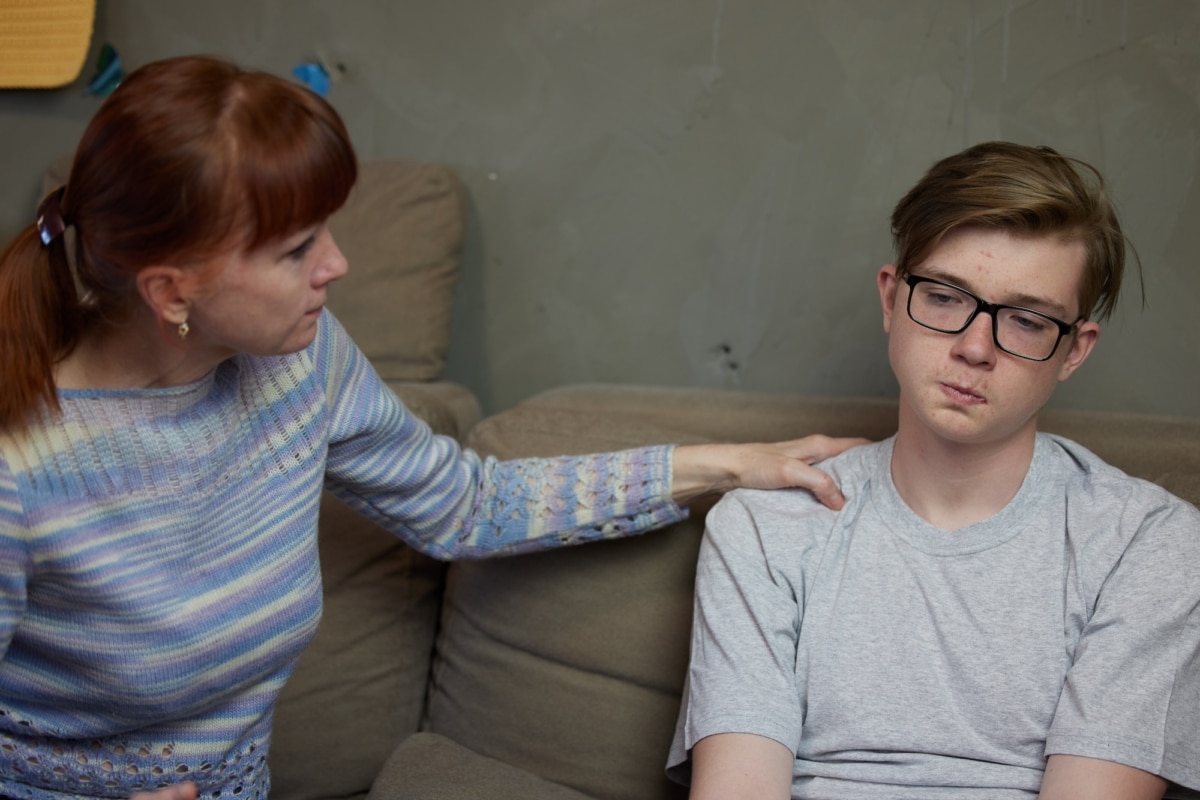Unfortunately, not all relationships are healthy. They can be toxic and extremely damaging to our physical and emotional well-being.
There are many characteristics of an unhealthy relationship, and these are normally based upon the misuse of power and control.
Abusive relationships
Anyone can find themselves in an abusive relationship, no matter their age, background, gender, or sexual orientation. Sometimes people think that abuse only happens in adult relationships, but this is not true! We know that abuse can happen in teenage relationships, and the impact can be devasting.
Social media, movies and TV shows that depict abuse in relationships might give you the impression that an abusive relationship is only when someone is getting hit or physically hurt. Again, this is not true. Abuse can take many forms and can be experienced in different ways. There are different types of abuse that can affect you physically and emotionally and can also be detrimental to your self-esteem and confidence.
Types of abuse
- Physical abuse such as hitting, kicking, pushing, choking or hurting someone physically in any way.
- Sexual abuse is forcing someone to do anything sexual they are not comfortable with or to which they have not given their full consent. This can range from kissing to having sex.
- Emotional abuse is when the other person tries to make you feel bad about yourself. This can include put-downs, humiliation, criticism, hurting your feelings on purpose, jealousy, gaslighting you etc.
- Coercive control is an intentional pattern of behaviour (often used alongside other forms of abuse), which can include threats, excessive monitoring and control, intimidation, humiliation and isolation. It creates fear, confusion and can increase dependency on the other person. Over time it can lead to a complete loss of self.
- Financial abuse can be borrowing or taking money on a regular basis, for example, to spend on things such as alcohol and or drugs.
- Digital/Online abuse can include constant texting/calling you to check where you are, what you are doing, who you are with, etc. It can also include tracking you, controlling your social media posts and using your phone/social media to threaten, abuse or humiliate you.
- Verbal abuse is a form of emotional abuse. It can be belittling someone, shouting or yelling to create fear, name-calling, put-downs, and using words to hurt someone.
- Threats and intimidation can include threats of violence or abuse against themselves or the other person to control someone.
- Isolation is controlling who you see, what you do, and limiting your access to friends, family, and other forms of emotional support.

